Manufacturers are tightening measures so that electric bicycles cannot be tampered with
The electric sector is taking measures to complicate the hacking of motors. Brose has already announced an enhancement in the cybersecurity of its next power unit. Most manufacturers consider attempts to remove or modify restrictions as a threat: aside from being completely illegal, they pose a risk to security and could lead governments to establish stricter legislation.
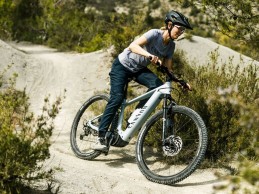
Manufacturers take action: increasing security to fight hacking
The electric industry is experiencing a good moment due to the constant increase in demand. A few years of prosperity that could be the final push for the disruptive change in mobility that some desire so much. However, manufacturers must address a problem: stopping modifications or delimitations that some cyclists resort to in order to increase power and remove the speed limit on electric assistance.
European regulations state that the motor of electric bikes must stop providing assistance when speeds exceed 25 km/h. This is one of the characteristics that define e-Bikes; it is one of the reasons why they operate under the same rules as any other bicycle and why they can do so without being registered, having a driver's license, or mandatory liability insurance.
RECOMENDADO
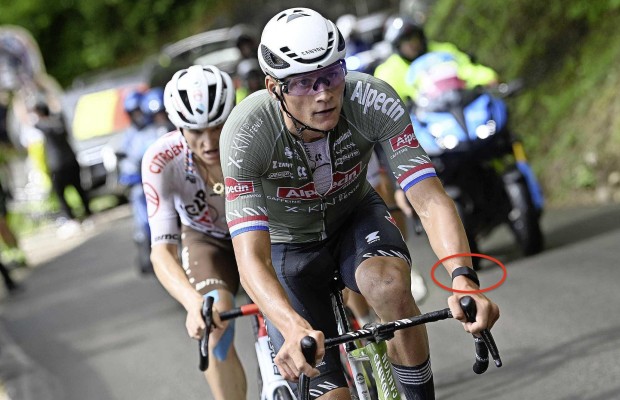
What is heart rate variability and how does it affect the cyclist?
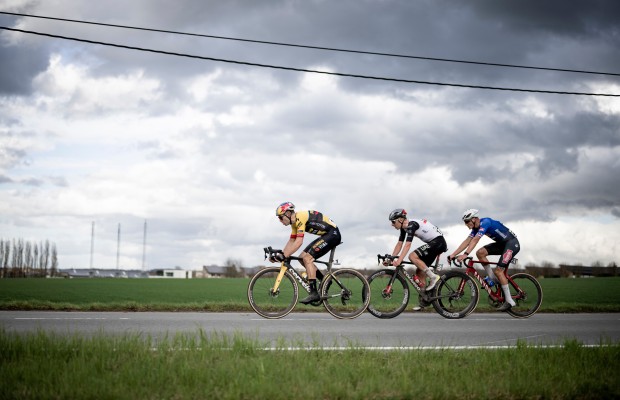
Fat Max Training to efficiently eliminate fat

Change wheels if you want to transform your bike's behavior
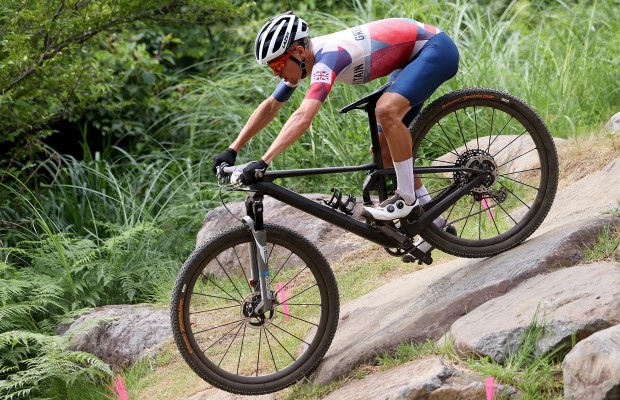
What bike size do you need? Here's how to find out
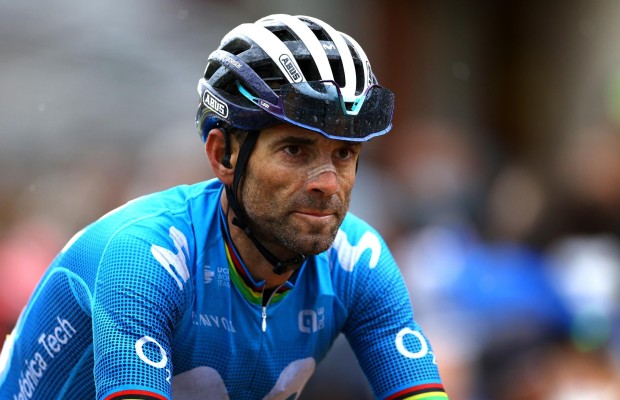
How does age affect performance and recovery?
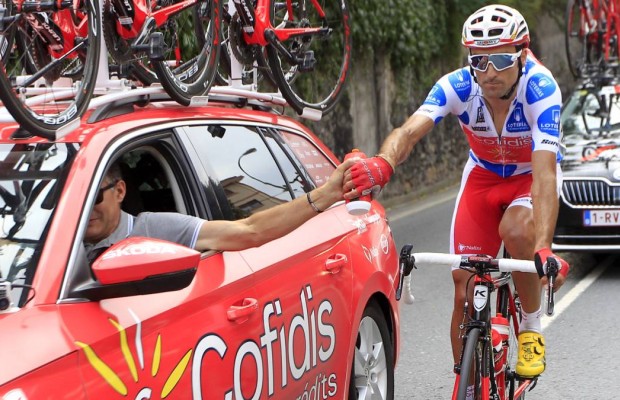
How long cyclists can be pushed when handed a sticky bottle?

Modifications or delimitations are completely illegal practices that have legal consequences and seriously harm the safety of cyclists. Faced with this situation, most manufacturers agree to strengthen their systems against hacking attempts by those trying to hack bike software.
Additionally, the economic consequences for the sector should be mentioned. If manufacturers are unable to respond to this wave, European legislative authorities could, in an attempt to maintain security, tighten regulations. The requirement for registration, insurance, and a driver's license would reduce the market and, therefore, sales.
Today, any vehicle that resembles an e-Bike with a motor that operates beyond 25 km/h or does so without the cyclist pedaling - no matter how much it resembles an electric bike - is a moped and therefore requires registration, insurance, and a driver's license.
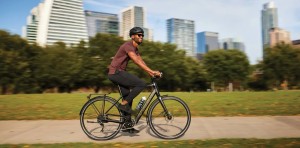
In this line, the manufacturer Brose has announced that it will enhance the cybersecurity of its next model - named Drive3 Peak, 48 V - with the aim of preventing users from hacking it and blocking the use of third-party service tools. The details of the technology used - developed in collaboration with CYRES Consulting - are currently unknown, but speculation suggests it could involve modern cryptographic methods.
The Head of Micromobility Systems Development at Brose, Florian Sack, stated that "the cybersecurity of our systems plays a central role for us."
Sack added that "the robust and intelligent concept blocks unauthorized interventions and modifications. This minimizes susceptibility to malfunctions and therefore also concerns for bike manufacturers and distributors."
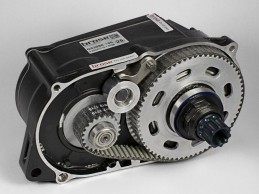
On the other hand, Bosch's CEO, Claus Fischer, has expressed support for protecting the 25 km/h limit, which he considers "our treasure" by explaining that "we must continue without the need for a license or insurance, with access to bike lanes." Additionally, on another occasion, CONEBI already requested the prohibition of the sale of "manipulation equipment."